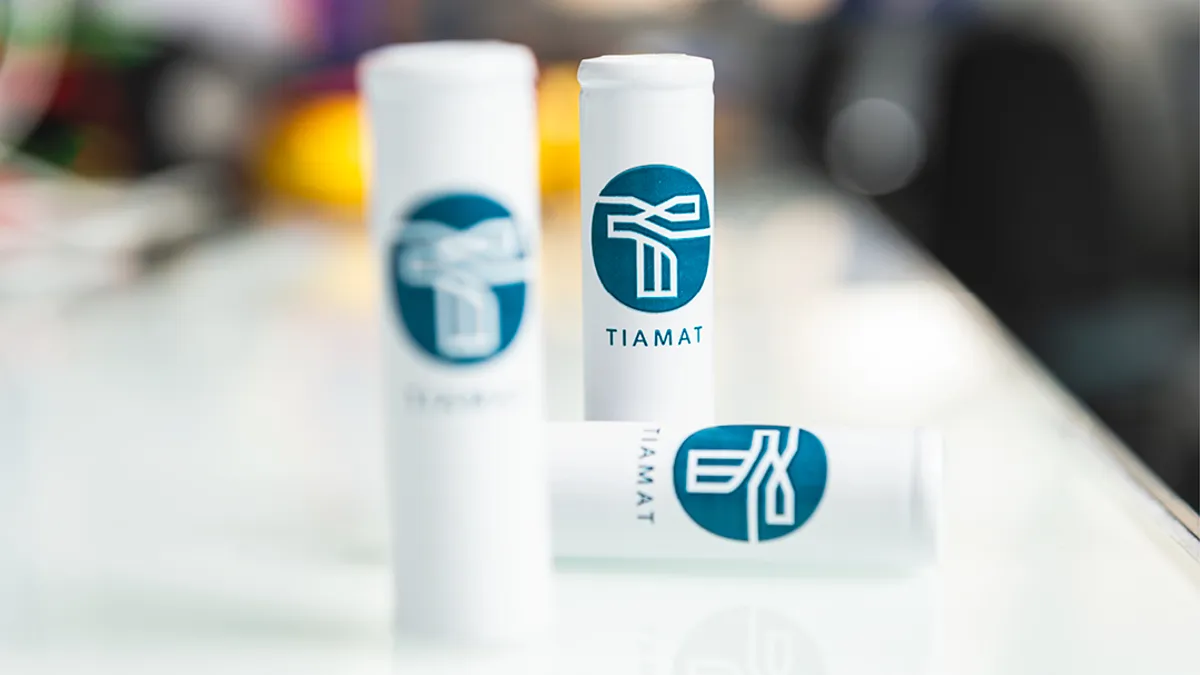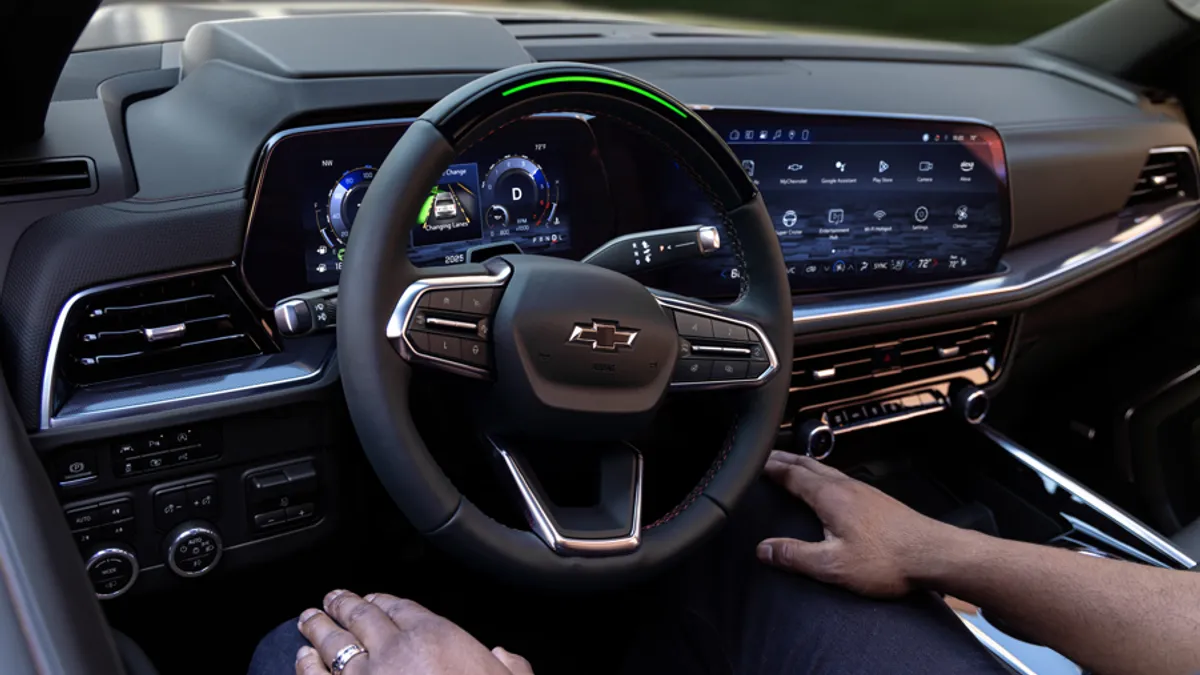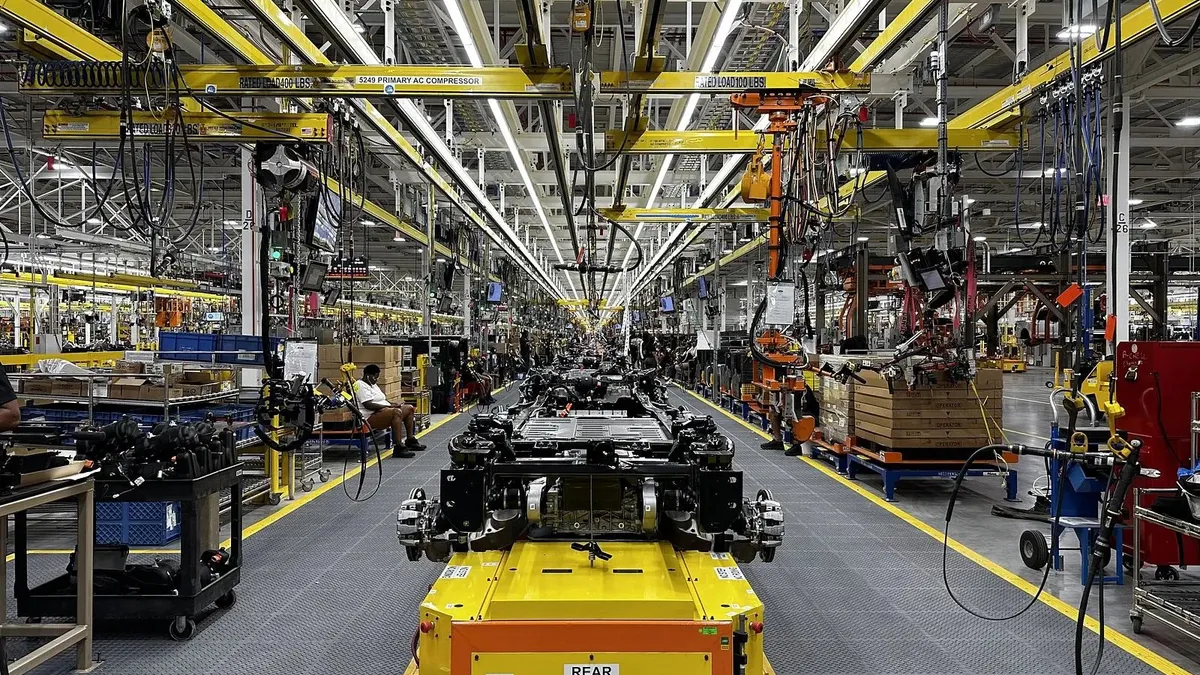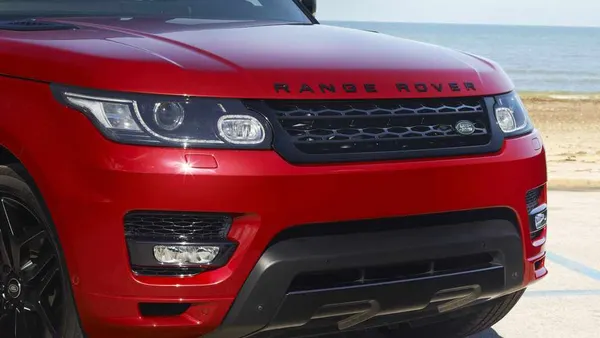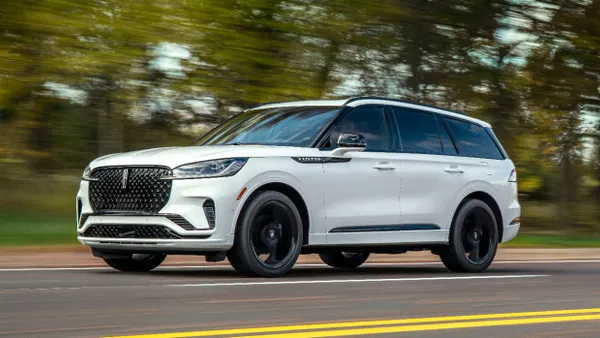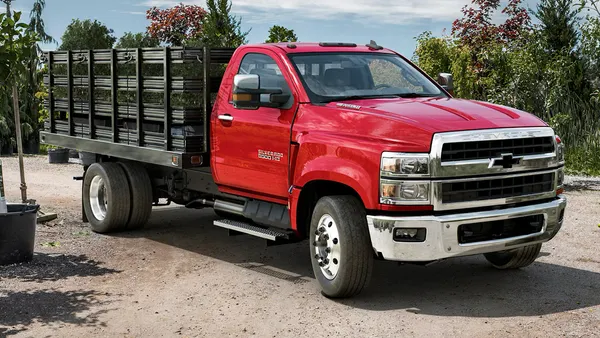Dive Brief:
- Stellantis’ venture capital arm, Stellantis Ventures, invested an undisclosed amount in Tiamat, a sodium-ion battery startup based in France, the automaker said Friday.
- The startup’s batteries cost less per kilowatt-hour than lithium-ion batteries, charge in as little as five minutes and have greater power density than conventional electric vehicle batteries, according to Tiamat.
- Sodium-ion batteries use no lithium or cobalt and could help Stellantis reduce its dependence on other countries, including China, for EV battery materials.
Dive Insight:
Automakers, including General Motors, Stellantis and Volvo Cars, are investing in new EV technologies, such as rare earth-free permanent magnets, to safeguard their supply chains and comply with new federal restrictions on critical mineral sourcing included in the Inflation Reduction Act and Bipartisan Infrastructure Law.
Sodium is more than 500 times as abundant as lithium, relatively easy to extract from seawater and more sustainable than lithium, according to procurement and supply chain consultancy GEP. It’s also safer and easier to transport than lithium, which has a substantial fire risk. Moreover, sodium-ion batteries use aluminum rather than copper cathodes, making them less expensive to produce.
However, sodium-ion batteries are still in the early stages of development.
Although sodium-ion batteries charge faster than lithium-ion batteries, their performance often “declines rapidly with repeated charges and discharges,” shortening their lifespan, according to the U.S. Department of Energy. Tiamat’s batteries last up to 5,000 cycles with 80% capacity, which is significantly less than the 8,000-10,000 cycles of commercial lithium-ion batteries, according to GEP.
Stellantis said the investment is part of its plan to reach carbon net zero by 2038.



